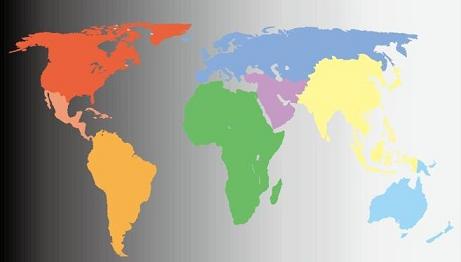There are various methods of classification of management control in Multinational Enterprises (MNEs). By levels of control here it is meant whether the parent / corporate level managers or subsidiary/country-level managers are involved. The former might be called higher level and the later lower level control. Depending on the sphere of focus we have two types of control called Strategic control and Operational control. In the MNE’s context, strategic control is the responsibility of parent and operational control is the preserve of the subsidiary.
Another way puts ‘management control, tactical control and transactional control’ as the 3 levels of control respectively carried out by the corporate top management, collectively by corporate & subsidiary management and subsidiary management in the case of MNEs.… Read the rest


